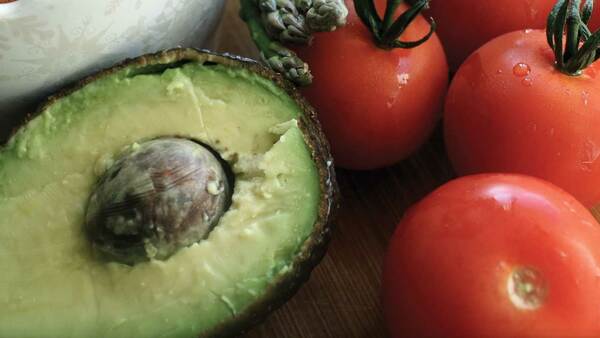
Omega-3 fatty acids and mental health
Omega-3 is the so-called wonder chemical found inside fish. What is it and how does it affect mental health? In this article, we will look at the evidence.
What is it?
Fatty acids are fuel for the body. Some of them are essential fatty acids because we need them, while others are non-essential. There are two essential fatty acids for humans: alpha-linolenic acid and linoleic acid.
Why did we need to cover that? Because alpha-linolenic acid is an Omega-3 fatty acid.
In short, Omega-3 is a fuel that our cells need to function properly.
We cannot manufacture our own Omega-3 inside the human body. Therefore, we need to ensure we get it through our diet.
What are good sources?
You can find Omega-3 fatty acids in oily fish. Great options include:
- Tuna
- Mackerel
- Salmon
- Sardines
- Anchovies
Some shellfish also contain Omega-3, though less so than oily fish. These including:
- Mussels
- Oysters
- Crabs
- Squid
If you follow a vegan diet1, you can obtain Omega-3 from:
- Flax seeds
- Chia seeds
- Rapeseed
- Walnuts
What effect does it have on mental health?
Omega-3 could help reduce depression2.
Or it may not. Many of the studies looking into its benefits have focused on high Omega-3 diets such as eating a lot of fish. This proves that eating a healthy diet is good for you, but not that Omega-3 brings specific benefits. When tried just using supplements, the results are not as good.
Converging evidence suggests that a lack of Omega-3 could contribute to depression, bipolar disorder, schizophrenia, and obsessive-compulsive disorder (OCD)3.
However, again, it is difficult to separate out the specific benefits of Omega-3 from other vitamins and nutrients.
Conclusion
Omega-3 fatty acids are an essential nutrient for the human body.
Evidence suggests that having a vitamin-rich diet that includes plenty of it will improve your mental health. However, it only seems to work as a whole: taking Omega-3 supplements individually is no substitute for a rich and varied diet.
The best way to ensure you get enough is to eat plenty of fish. You can find out more about what you should eat in our guide to eating fish.
Related articles
Metadata
Published 23 April 2018. Written by Chris Worfolk.
Want more content like this?
Subscribe to our newsletter to get more great content emailed to you directly. Plus, we'll send you some chapters from our books for free. We never share your details and you can unsubscribe at any time.
This site is protected by reCAPTCHA and the Google Privacy Policy and Terms of Service apply.
References
-
Carolyn Gregoire. Diet May Be As Important To Mental Health As It Is To Physical Health. Huffington Post. 24 January 2015. Link. ↩︎
-
T. S. Sathyanarayana Rao, M. R. Asha, B. N. Ramesh, and K. S. Jagannatha Rao. Understanding nutrition, depression and mental illnesses. Indian J Psychiatry. 2008 Apr-Jun; 50(2): 77–82. doi: 10.4103/0019-5545.42391. Link. ↩︎

